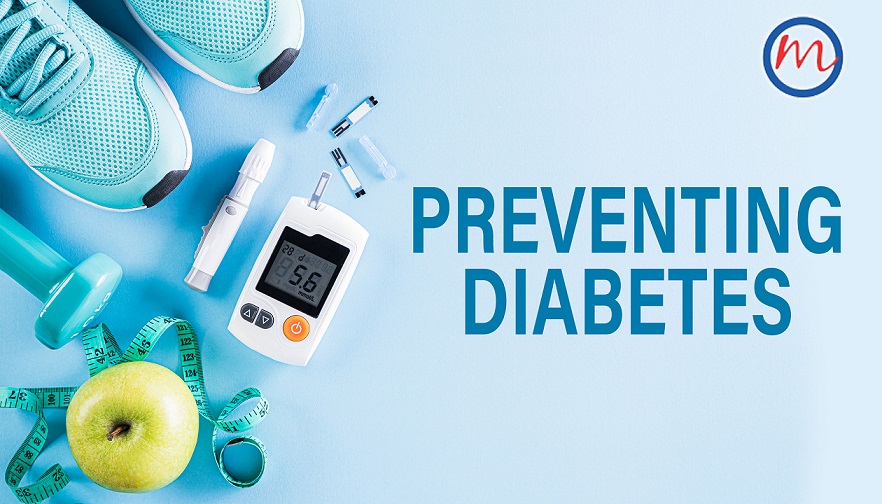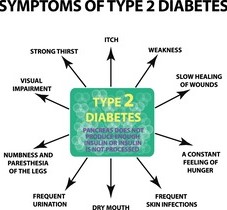 Introduction:
Introduction:
Diabetes, a chronic metabolic disorder, has become a global health concern due to its increasing prevalence and impact on quality of life. The good news is that with the right precautions, a healthy lifestyle, and proper medical guidance, diabetes can be prevented or effectively managed. In this blog post, we will discuss ten essential precautions you can take to avoid being affected by diabetes or to effectively manage the condition if you're already diagnosed.
1. Maintain a Balanced Diet:One of the most crucial steps in diabetes prevention and management is maintaining a balanced diet. Focus on consuming whole, unprocessed foods, including a variety of fruits, vegetables, lean proteins, whole grains, and healthy fats. Limit your intake of sugary and processed foods, as well as foods high in saturated and trans fats.
2. Watch Your Portion Sizes:Controlling portion sizes can help regulate your calorie intake and manage blood sugar levels. Use smaller plates and bowls, and pay attention to serving sizes to prevent overeating.
3. Stay Hydrated:Proper hydration plays a significant role in managing blood sugar levels. Drink plenty of water throughout the day, and limit sugary drinks and excessive caffeine intake.
4. Regular Physical ActivityEngaging in regular physical activity can improve insulin sensitivity and help prevent or manage diabetes. Aim for at least 150 minutes of moderate-intensity aerobic activity or 75 minutes of vigorous-intensity activity per week, along with muscle-strengthening exercises.
5. Maintain a Healthy Weight:Maintaining a healthy weight is essential for diabetes prevention and management. Excess body weight, particularly abdominal fat, can contribute to insulin resistance. Consult with a healthcare professional to determine a healthy weight goal for your body.
6. Monitor Blood Sugar Levels:If you're at risk of diabetes or have been diagnosed, monitor your blood sugar levels regularly. This practice helps you understand how different foods, activities, and medications affect your blood sugar and allows you to make necessary adjustments.
7. Control Stress:Chronic stress can impact blood sugar levels and contribute to the development of diabetes. Incorporate stress-reduction techniques such as deep breathing, meditation, yoga, and regular relaxation into your routine.
8. Get Quality Sleep:Adequate and quality sleep is crucial for overall health and diabetes management. Aim for 7-9 hours of sleep per night to support proper hormone regulation and blood sugar control.
9. Limit Alcohol Consumption:Excessive alcohol consumption can disrupt blood sugar levels and lead to weight gain. If you choose to drink, do so in moderation and always account for the carbohydrates and calories in alcoholic beverages.
10. Regular Health Check-ups:Regular visits to your healthcare provider are essential for monitoring your health and catching any potential issues early. Your doctor can help you manage your risk factors and develop a personalized diabetes prevention or management plan.
Conclusion:Diabetes is a serious health condition, but it's possible to take proactive steps to prevent its onset or manage it effectively. By maintaining a healthy lifestyle, focusing on a balanced diet, staying physically active, managing stress, and following medical advice, you can significantly reduce your risk of diabetes or minimize its impact on your life. Remember, small changes can lead to big improvements in your overall health and well-being. If you have concerns about diabetes, consult a healthcare professional for guidance tailored to your specific needs.




